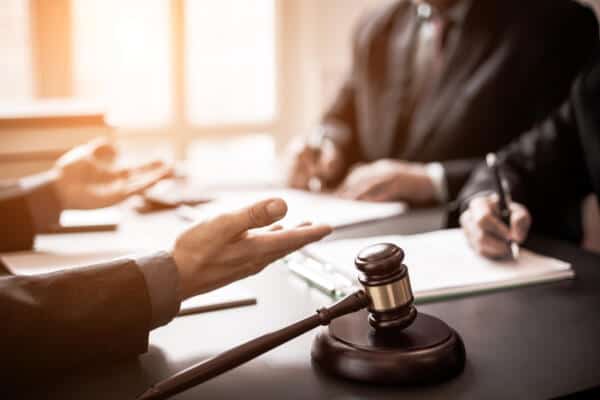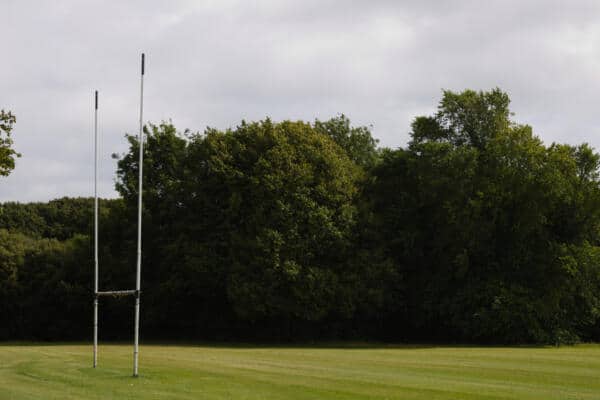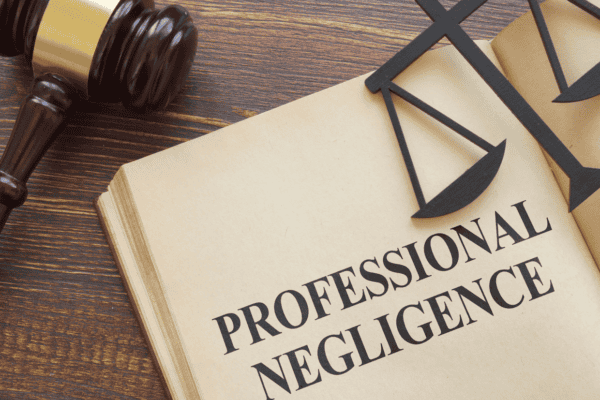Results for 'commercial litigation team'
-
Settlement Agreements For Directors, Board Members and Senior Managers/Executives
Senior level Settlement Agreements. At Wilson Browne Solicitors, we have experience in advising senior executives, including Board members, directors, and shareholders, on negotiated exits.

-
Shareholder Agreements – A Guide To Why You Need One
But we all get on? Why do we need a Shareholders Agreement? Whether friends, family…or…

-
Sigourney Moore
Trainee Solicitor
Sigourney is a third seat Trainee Solicitor in the Corporate and Commercial team based in our Northampton office

-
Protected: Training Council
There is no excerpt because this is a protected post.

-
Building and Property Disputes
Do you have a building dispute with a local authority, large national house builders or other contractor? We also help with Adverse Possession claims and Conveyancing Negligence claims.

-
Fortification of an Undertaking for Damages Explained
Some of the orders that can be made by the Court are an interim injunction (requiring someone to do or not do something. Rachel Leatherland explains the process.

-
The importance of identifying land benefiting from a restrictive covenant
In the recent case of Bath Rugby Ltd v Greenwood and others, the Court of Appeal found that a restrictive covenant that pre-dated the Law of Property Act 1925 had not been annexed to benefiting land, because the extent of that land had not been identified.

-
Emily Griffiths
Solicitor
Emily is a Solicitor in the Commercial Property Team in our Corby Office.

-
Professional Negligence Vs. Gross Negligence
Negligence claims are difficult and complicated legal cases to prove, in part because there are varying degrees and different types of negligence defined in UK law.

-
Professional Negligence Claims Against Financial Advisers
The role of a financial adviser is to provide expert advice that assists clients in…
